Advertisement
AI isn't just about robots or tech companies. It's already helping with everyday stuff — from reminders to recipes to organizing your inbox. Some apps work quietly in the background while others take the lead. Either way, here are ten AI apps that can ease the burden off your shoulders and enable you to accomplish things quicker and better.
Otter listens as you speak and records things. It is not only for meetings. You can use it for lectures, interviews, or even ideas you say out loud while walking. It captures speech in real time and turns it into readable notes. You can highlight stuff, tag people, or search for a certain part later. It's like having a reliable assistant with a really good memory. And the best part? You don’t need to scribble anything down during calls anymore.
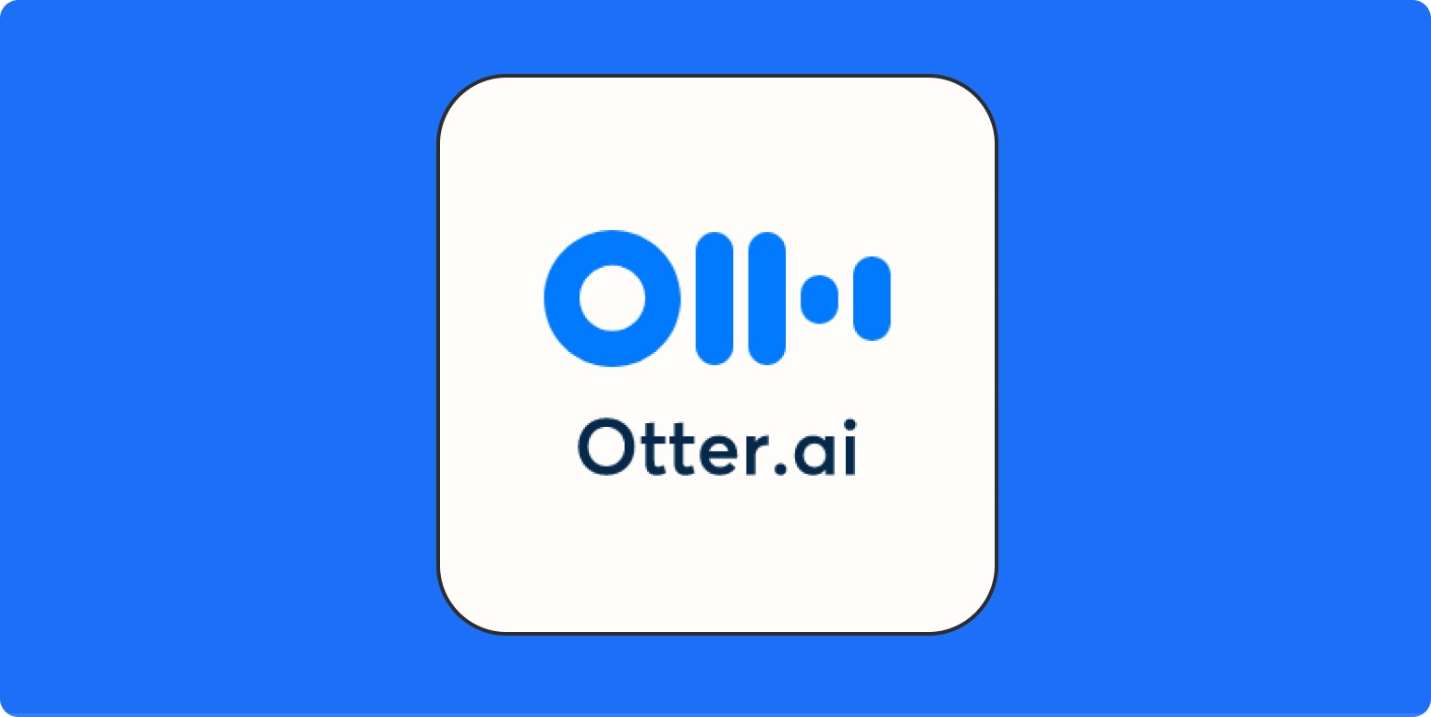
Notion already helps with organizing thoughts, but Notion AI takes it further. It can write emails, summarize articles, fix grammar, or even explain something you don't get. Just type a quick request, and it comes up with something useful. It saves time when you're not sure how to word things or when you need to clean up messy notes. The interface stays simple, so you don't feel overwhelmed using it.
Grammarly goes beyond basic spellcheck. It catches awkward phrases, helps with tone, and suggests better word choices. You don’t need to be a writer to use it. Whether you’re sending a message to your boss or writing a product review, it helps make sure you sound clear and respectful. It also gives suggestions as you type in your browser or phone, which means you’re covered across apps.
Youper isn't a full therapist, but it helps you stay in touch with how you're feeling. It uses AI to guide you through short conversations about your mood and thoughts. You get prompts that make you think, and over time, they show patterns in how you feel. It's private, easy to use, and doesn't feel like a chore. If you often feel off but don't want to open up to someone right away, this is a soft first step.
Replika is a chatbot, but not the kind that answers your customer service complaints. It talks like a friend, listens without judgment, and adjusts based on how you interact. Some people use it to practice social skills; others just use it to vent. It remembers things you tell it and learns your tone. That makes it feel less robotic over time. If you ever feel lonely or need someone to bounce ideas off, it's a quiet way to clear your head.
Tody uses AI to manage home cleaning tasks based on how often things actually need to be cleaned — not how often someone says they should be. It helps you track chores without giving off that nagging vibe. The app shows progress in a way that feels motivating, not stressful. It also adjusts over time depending on how fast or slow you go, so you don’t feel behind. It’s a cleaner approach to, well, cleaning.
If English isn’t your first language, ELSA Speak helps you sound clearer. It listens to how you talk and gives feedback right away. It works on pronunciation and fluency without making you feel judged. You get bite-sized lessons based on your skill level, so it doesn’t throw everything at you at once. It’s helpful whether you’re preparing for a presentation, an interview, or just want to sound more confident.
TimeHero looks at your tasks and figures out the best time to do them based on how busy your schedule is. If something changes, it shifts your plan for you. It's not a regular to-do list that you forget about after a day. It actually works in the background and helps prevent last-minute panics. It works well for people who have too many tabs open — in their heads or on their computers.
Wysa uses AI to help you deal with stress, anxiety, or just a rough day. The chatbot uses simple questions to help you reflect, and it offers short exercises based on what you say. It doesn’t try to replace real help, but it can hold you over when you’re not ready for therapy or can’t access one right away. The tone stays friendly, not clinical, which makes it easier to talk freely.
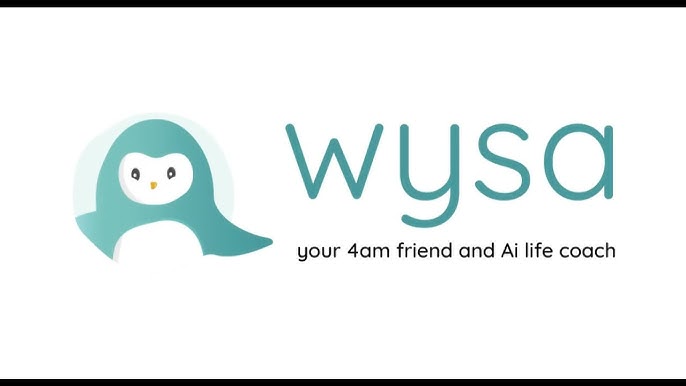
Speechify turns articles, PDFs, or emails into audio so you can listen while doing other things. The voices sound natural, and you can adjust the speed depending on your mood or focus. It helps with multitasking or for people who find reading on screens tiring. Great for long commutes or even just giving your eyes a break. It also keeps your hands free, which is a plus when you're busy cooking or working out.
Each of these apps plays a different role, but they all aim to make things simpler. Some are about productivity, some about self-care, and others about keeping your space in order. No need to use them all — even one or two can make a noticeable difference in your day. Start with the one that fixes your biggest daily hassle, and go from there. You might be surprised how smooth things feel once the small stuff is handled.
Advertisement

Ever wondered if your chatbot is keeping secrets—or spilling them? Learn how model inversion attacks exploit AI models to reveal sensitive data, and what you can do to prevent it
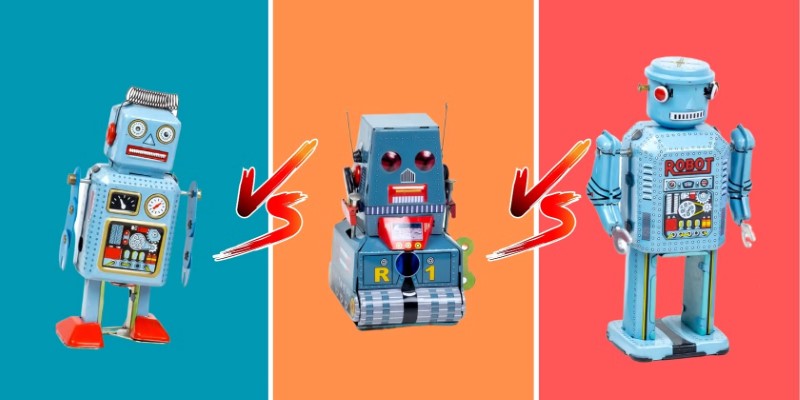
Not all AI works the same. Learn the difference between public, private, and personal AI—how they handle data, who controls them, and where each one fits into everyday life or work

New to ChatGPT? Learn how to use OpenAI’s AI assistant for writing, organizing, planning, and more—no tech skills needed. Here’s how to start and get better results fast
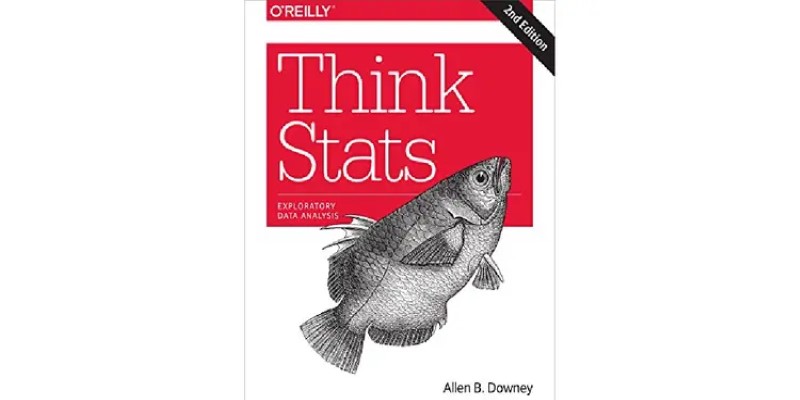
Want to master statistics for data science? Check out these 10 essential books that make learning stats both practical and approachable, from beginner to advanced levels
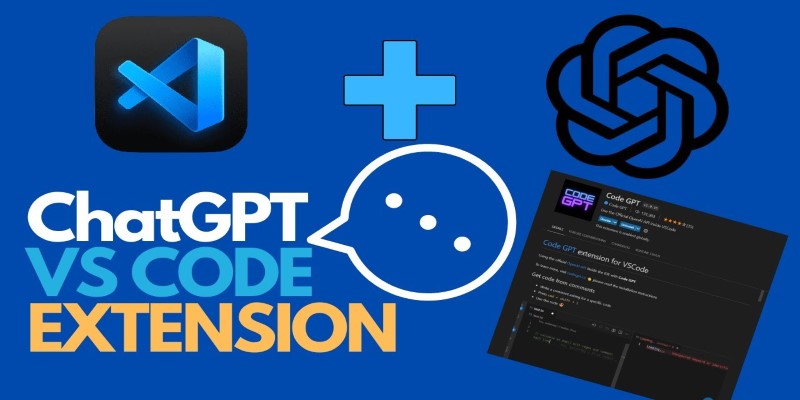
Spending hours in VS Code? Explore six of the most useful ChatGPT-powered extensions that can help you debug, learn, write cleaner code, and save time—without breaking your flow.
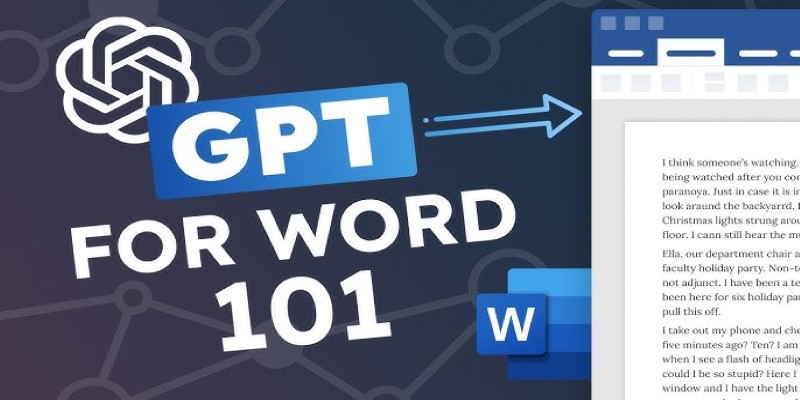
Looking for a quicker way to create documents in Word? Learn how to use ChatGPT to automate your document writing process directly within Microsoft Word
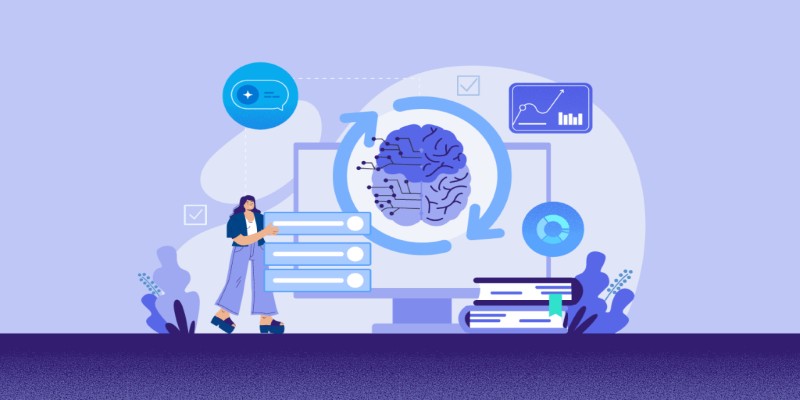
Not sure how Natural Language Processing and Machine Learning differ? Learn what each one does, how they work together, and why it matters when building or using AI tools.
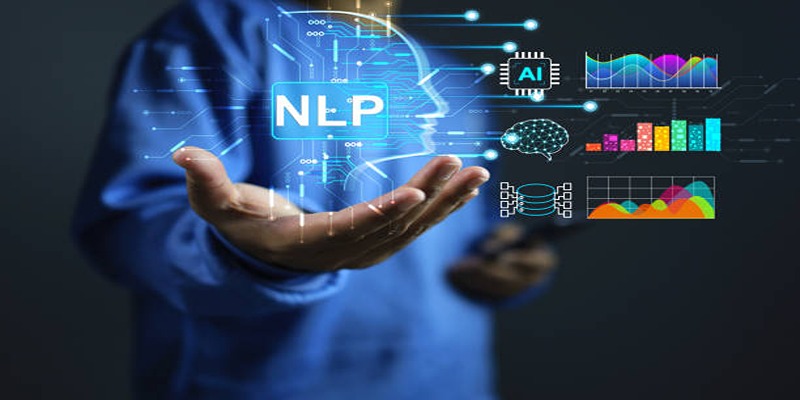
Explore how Natural Language Processing transforms industries by streamlining operations, improving accessibility, and enhancing user experiences.
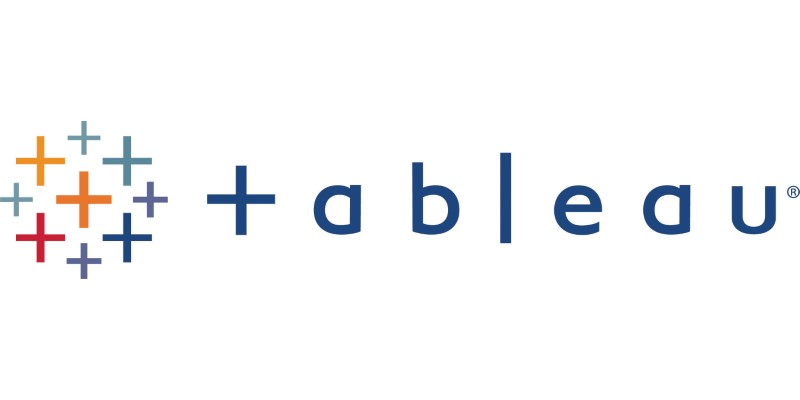
How can Tableau enhance your data science workflow in 2025? Discover how Tableau's visual-first approach, real-time analysis, and seamless integration with coding tools benefit data scientists

Wondering how to turn a single image into a 3D model? Discover how TripoSR simplifies 3D object creation with AI, turning 2D photos into interactive 3D meshes in seconds
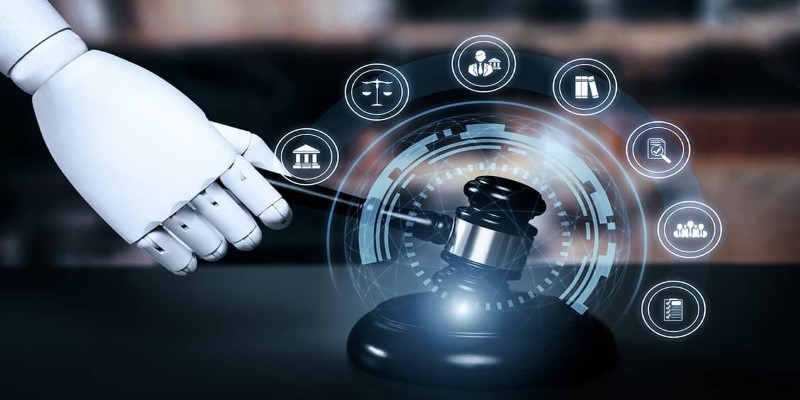
Wondering who should be in charge of AI safety? From governments to tech companies, explore the debate on AI regulation and what a balanced approach could look like

Ever wonder why your chatbot avoids certain answers? Learn what AI chatbot censorship is, how it shapes responses, and what it means for the way we access information